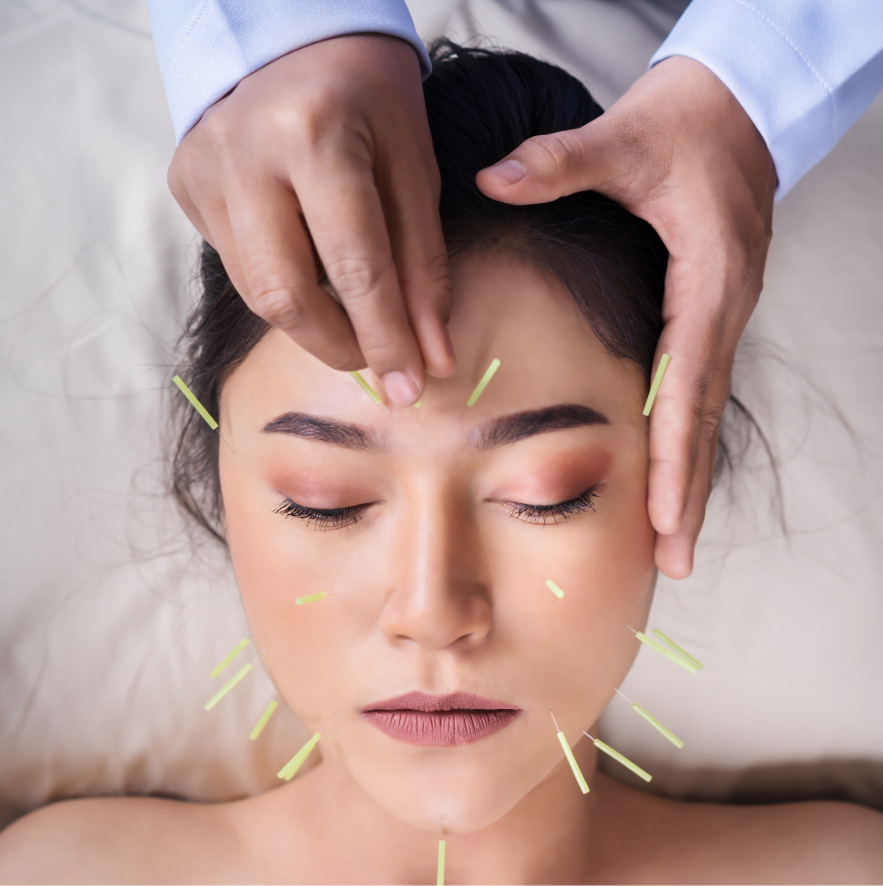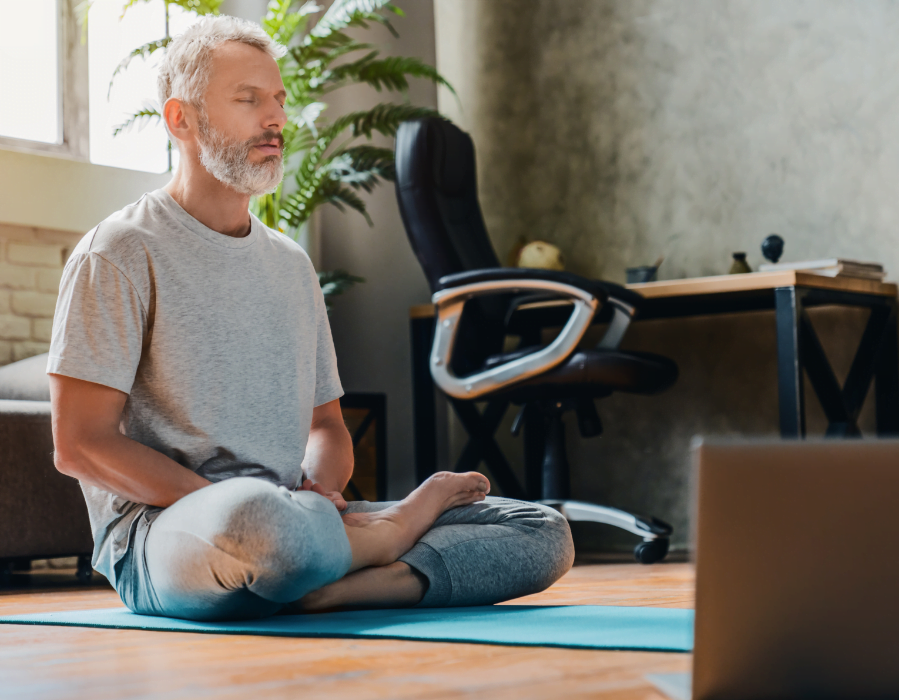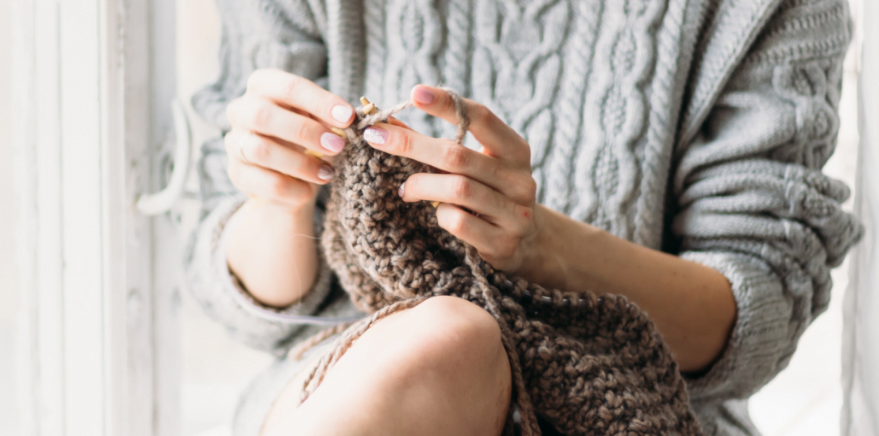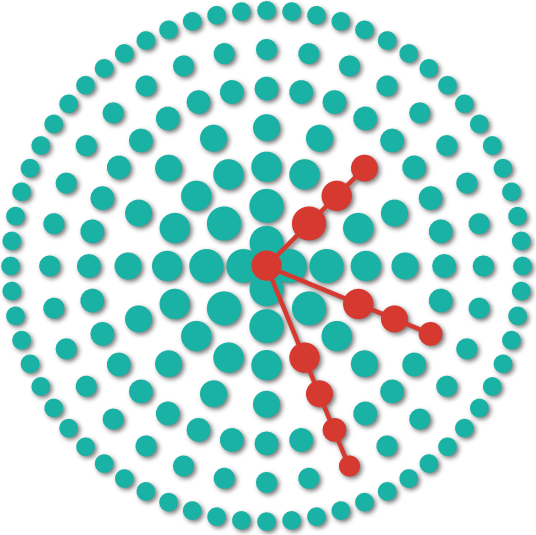Complementary and alternative medicine (CAM) refers to treatments which are freely available, i.e. no prescription or specialist referral required and intended to be used alongside mainstream medicine (complementary) or instead of it (alternative).
While many CAM techniques (such as acupuncture) are recognised as having genuine benefits proven in scientific trials, it can be a confusing and controversial area. There can be a lack of quality evidence that CAM treatments work but this does not necessarily mean that they are ineffective. Some UK GP surgeries provide access to CAM on the NHS, but the situation varies throughout the country. So if you are interested in CAM speak first to your doctor who may be able to advise you on its usefulness and tell you if you could access it via the NHS.
There is information below on some of these techniques and sign-posting on where to find more.
What is acupuncture?
Acupuncture is a form of medicine practiced by the Chinese, dating from hundreds if not thousands of years ago. It has been refined and developed during that time and is now recognised as an effective form of pain relief. It has also been updated into the 21st century with electro-acupuncture machines.
Research is beginning to unravel the mechanism by which acupuncture works so that there is less reliance on ancient theories and a greater certainty of a beneficial outcome.
What is acupuncture trying to achieve?
Thin, flexible needles are inserted at specific points through the skin to relieve pain and discomfort. The needles are all sterile and disposable. The body’s response to the needle insertion is to produce a range of different hormones and chemicals within the nervous system. These include endorphins and serotonin, which, over a few treatment sessions, lift the mood and give pain relief.
What methods are used?
Following a history-taking and examination the patient and therapist clearly delineate the site of pain. The therapist chooses acupuncture points close to the problem area and also at a distance from it. The distant points are often well known to be more powerful for their pain-relieving properties and also for mood stabilization.
Sometimes small electric currents may be passed through the needles to enhance the effect. None of this should be uncomfortable – acupuncture is often painless and the electric current should be a pleasant additional feature.
Depending on the severity of the pain, treatments should be once every 5–7 days to establish control of the symptoms, which may take several sessions. Once the symptoms begin to reduce then the time between the acupuncture appointments can be increased. Finally, patients can have top-up treatments when the need arises. However, all neuralgias are difficult to treat and the results are never guaranteed. If the treatment is having no effect after 6 or so treatment sessions then it may not be for you.
What are the side effects?
There are very few side-effects with acupuncture. There may be some sleepiness especially with the first treatment, and this may be for just a few minutes or last some hours. There is very little bleeding but there may occasionally be slight bruising at the site of the needle insertion. These bruises are not painful and fade easily.
How do I find a practitioner?
There are a few societies which train acupuncturists. Practitioners should be registered with a society or governing body. The British Medical Acupuncture Society trains people already in the medical and associated professions. Lists of experienced practitioners are available on their web-site: www.medical-acupuncture.co.uk.
BUPA, AXA-PPP and other health insurance companies may cover some practitioners. The British Acupuncture Council teaches Traditional Chinese Acupuncture. They can be found at: www.acupuncture.org.uk.
Is hypnosis safe?
Some individuals have reported feelings of dizziness, slight confusion and headaches post-hypnosis. These effects are considered to be as a result of the neurophysiological effects due to the process of hypnosis and are no different than those that have been reported by other relaxation and imagery based procedures, such as meditation and guided imagery.
How may hypnosis help with TN pain?
Hypnosis may help TN sufferers to manage their pain better, and increase their sense of coping with their pain. Whilst hypnosis may help to reduce the intensity or severity of TN pain, the pain experience can also be helped, for example by hypnotically managing the emotional distress and impact the TN pain has on one’s life. Furthermore, it may be helpful for TN patients to learn to use self-hypnosis as a life skill, so that they can manage their pain on long-term basis.
Meditation
This is a simple mental technique which anybody can learn and which has been practised for thousands of years. It requires no specialist equipment and can be carried out virtually anywhere. It basically involves using breathing and thought-control techniques in order to enter a state of deep relaxation. The more the techniques are practised, the easier and quicker it becomes to enter this state. Many claims are made for the benefits of meditation, which come from the relaxation and tranquillity that it instils in those who practise it regularly. The most well-known advocate of the technique is possibly the ‘Transcendental Meditation’ organisation: http://uk.tm.org which has certified teachers throughout the UK. You will have to pay to be trained by them.
There are also tapes, DVDs and books to teach yourself and learn more about the techniques involved. Here is an example specifically developed as a tool to aid relaxation for anyone suffering from chronic pain: Mindfulness Meditation for Pain Relief by Jon Kabat-Zinn—2 CDs with ASIN: B0037B7EY4.


A WORD OF CAUTION ABOUT CAM
Mainstream medicine now demands that treatments are ‘evidence-based’, i.e. there is proof that they are effective and safe, and current drug licensing regulations ensure this is the case for prescription medicines. Unfortunately, the same cannot be said for all CAM treatments.
Prof Edzard Ernst has spent many years looking into CAM. He was formerly Professor of Complementary Medicine at the University of Exeter and is Editor-in-Chief of the journal ‘Focus on Alternative and Complementary Therapies’. He advises that when looking at websites – particularly those selling a product – you ask yourself the following questions:
- Who exactly is behind the information?
- Who ‘owns’ or runs the website?
- Could there be a conflict of interest?
- Is any information provided about the risks associated with the treatment?
- Is the information up-to-date and is the website serviced regularly?
- Is an attempt being made to interfere with your prescribed treatments?
If at all unsure, discuss the information with your doctor and always consult him / her before considering replacing prescribed medication with anything you can buy yourself.
Do not assume that anything described as ‘natural’, herbal or derived from plants is safe as this is not always the case. Many prescribed medications were originally derived from plants – including potent cancer treatments – and some plants are poisonous. So be sure of what you are taking if you have bought it yourself and always use it as instructed. Also, let your doctor know of anything you are taking which is not prescribed as herbal medications can interact with prescription medicines. For further information on CAM, Prof Ernst recommends the following online resources:
- The National Centre for Complementary and Alternative Medicine: www.nccam.nih.gov
- Focus on Alternative & Complementary Therapies: www.pharmpress.com
- Natural Medicines: www.naturalmedicines.therapeuticresearch.com
- Sense about Science is a charity which seeks to debunk medical myths and help people determine if there is evidence to support CAM therapies: www.senseaboutscience.org
Also, when looking for a CAM practitioner, you may want to contact the Institute for Complementary and Natural Medicine (which administers the British Register of Complementary Practitioners) via its website: www.brcp.uk or telephone: 020 7922 7980.
SELF-HELP FOR TN
GENERAL ADVICE
TIPS FOR COPING WITH TN
Don’t let TN close down your world
TN tends to take over your life when at its worst and it is easy to become isolated and trapped in your own world, without distractions from the pain. Being aware of this risk and trying to take measures to counteract this effect can help you cope. It won’t be easy but here are some ideas for preventing this happening:
Accept
Find ways to accept that you have facial pain and may have to learn to live with it. Be aware that most treatments (with the possible exception of MVD) are not cures: they may reduce the effect of TN but not remove the pain altogether. That’s why you need to try different things and find out what can help YOU.
Keep in touch…
…with the people around you – family, friends, colleagues and neighbours – at home, work, school or in your local community. Tell them that you have TN and that sometimes it’s difficult to talk but you’re still glad to see them! Even a wave across the street or a friendly nod can make you feel that you still belong.
Get going
Exercise increases our production of the ‘feel good’ hormones called endorphins which are natural painkillers. So, try to keep active and find a physical activity you enjoy that suits your level of mobility and fitness. It doesn’t have to be vigorous like running: try a casual stroll, gently moving to your favourite music or the radio, or even circling your feet while you watch television.
Find distractions
It is very easy to dwell on the misery of your pain or the effects of the drugs, but this will only intensify it. So try to find out how to distract yourself: it won’t make the pain go away but it may make it more bearable. For some this might be learning a new skill, volunteering for a charity (TNA UK are always in need of help!), or joining a community group. Similarly, taking up an absorbing hobby such as painting, other art or craft, gardening, or concentrating on a crossword/other puzzles.

Knitting
and other activities which use motor and thinking skills can reduce pain by occupying the brain. There seems to be evidence that repetitive actions like knitting induce a meditative state and concentrate the mind while also increasing levels of serotonin (a natural ‘feel good’ chemical), all of which have a good effect on pain levels and feeling positive.
Music therapy
and art therapy are recognised clinical disciplines. Studies have shown the benefit of music in reducing pain and need for painkillers.
Become an expert
Be determined to learn all you can about TN and others’ experiences of it. You can find a huge amount of information in this handbook, on our website and in books available from our online shop. Why not participate in the Forum on our website? Or, if you don’t use a computer, you can speak to another TN patient via our Telephone Helpline on 0800 9991899
Spread the word
Because so few people know about TN it might not mean much to them to know you have the condition: you need to tell them what it is, what’s it’s like to have it and the effect it has on your life. When talking is a bit of a struggle, suggest they look at the TNA UK website or give them our leaflet ‘TN – A Basic Guide for the General Public’ (available from the TNA UK website or ring us to request a copy).
Keep calm and carry on
Total focus on pain is unhelpful and self-destructive, so try to carry out everyday activities despite the pain.
PAIN MANAGEMENT
Seek help
Don’t give up. If you are in pain, seek help from us – that’s what we’re here for. Ask your GP if you can try different medications: take our publications along as prompts. Also, do not suffer in silence if your TN is leading to anxiety and/or depression: your GP can offer you help with this. You can also ask your GP for a referral to a neurologist, a pain clinic or a neurosurgeon.
Do as much research as you possibly can including buying books on TN and coping with pain (listed on our website and some available via the shop on our website, www.tna.org.uk/); join a local group if there is one, talk to others, contact our helplines for advice.
Try alternative therapies, for example acupuncture and hypnotherapy (see earlier section on Complementary and Alternative Medicine). Relaxation and distraction techniques may be helpful.
Help with self-management of chronic pain
Self-management UK, formerly the Expert Patients Programme Community Interest Company, is a registered charity. It offers advice and training directly to patients with long-term medical conditions (including chronic pain) and also to healthcare professionals. For patients there are workshops and courses.
Self-management UK courses can help you to:
- Learn new skills and tools to help you manage your health
- Work better, and in partnership with your healthcare professionals
- Take charge of your healthcare and choose what is right for you
- Find support from other people in a similar situation
- Reduce stress and improve quality of life
- Better manage your symptoms, such as reduction in pain, anxiety, depression and tiredness
- Increase self confidence and self-esteem

